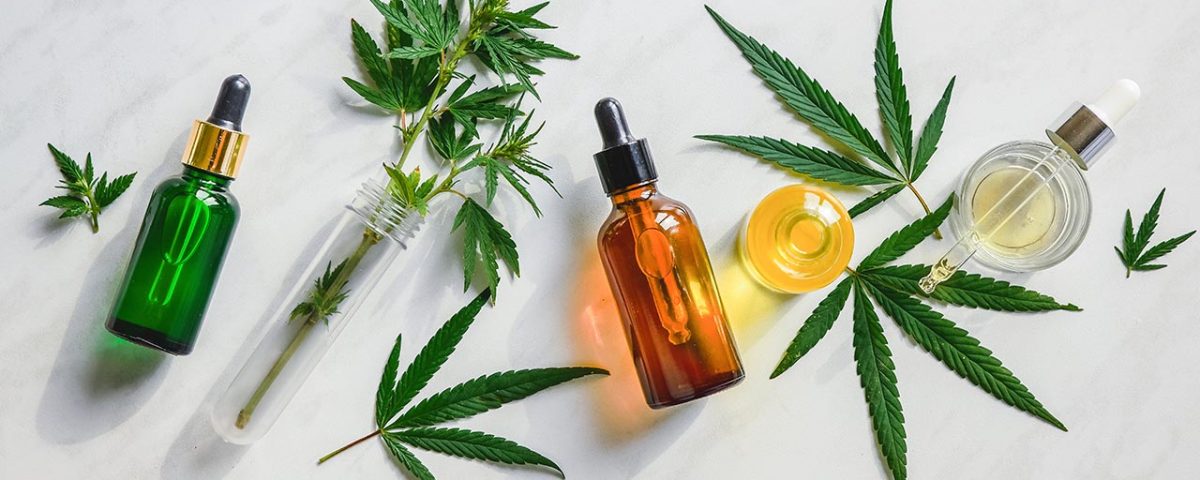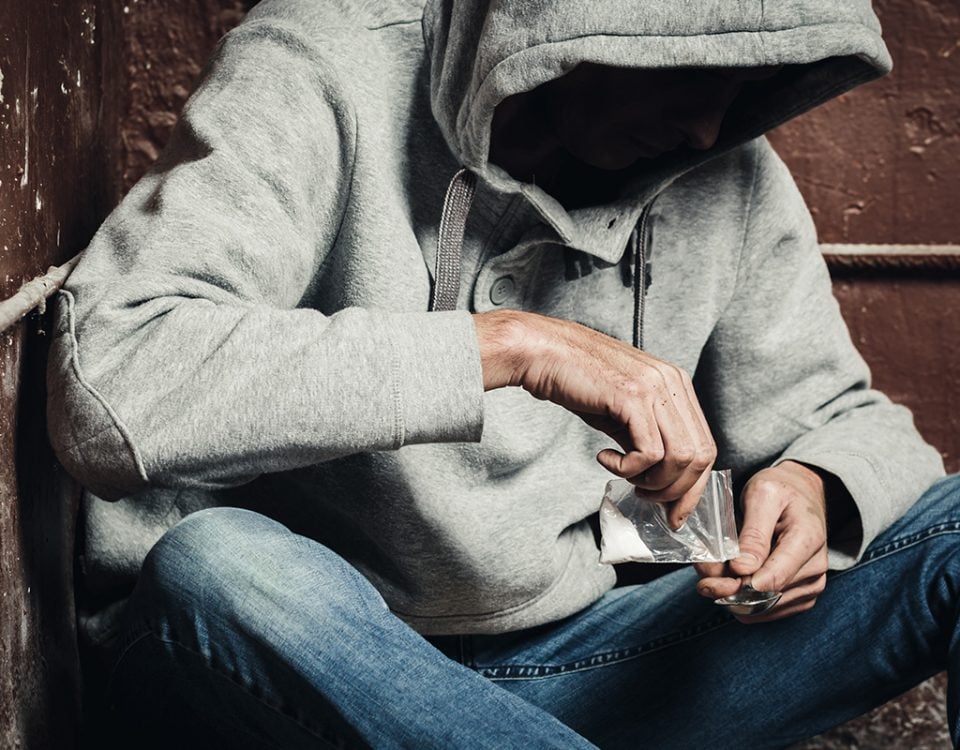Vaping has become an increasingly popular activity among the youth, but these e-cigarettes may contain something even more concerning than traditional vaping cartridges.
Although they are now illegal in the United States, synthetic cannabinoids are still being abused. Not only are they addictive with many users needing substance abuse treatment to stop, but also they can be dangerous.
What are Synthetic Cannabinoids?
Synthetic cannabinoids also sometimes called by their popular brand names “Spice” and “K2” are man-made designer drugs. Mind-altering chemicals are sprayed on dried plant material to mimic the effects of THC, the active ingredient in marijuana. The final product is then smoked or converted into a vaporized liquid for e-cigarettes. Synthetic cannabinoid products are sometime marketed as synthetic marijuana, a safer alternative to marijuana, but they can be more dangerous.
Synthetic Cannabinoids Examples
Synthetic cannabinoid drugs can have several different chemical makeups and are sold under a variety of brand names. In the past, these products could be readily found in novelty stores, some gas stations, and over the internet, but because of growing concerns over their ingredients, a national ban was put in place in July of 2012.1 Since that time, some brands have found loopholes to keep their products on the market and other products are being sold illegally on the street.
Some examples of synthetic cannabinoids brands include:
- K2
- Spice
- Black Mamba
- Kush
- Joker
- Kronic
- Arizona
- Genie
- Krypton
- Lava Red
Getting into treatment is easy with our free insurance verification
"*" indicates required fields
Synthetic Cannabinoids Effects
With so many different brands and a wide spectrum of chemical makes ups, the effects of synthetic cannabinoids can vary drastically from one drug to another. The exact effects will also depend on the individual and any interaction with other drugs.
Some of the more commonly reported effects of synthetic cannabinoids include:
- Elevated mood
- Feeling of relaxation
- Hallucinations
- Paranoia
- Anxiety
- Confusion
- Rapid heart rate
- Nausea and vomiting
Although some young adults believe that synthetic cannabinoid drugs are harmless and brands have marketed these products as safer alternatives to marijuana, synthetic cannabinoids are dangerous and can be addictive. Regular users who neglect to get inpatient or outpatient treatment for their addiction may face serious consequences. Long-term effects are not well known, but the short-term effects of synthetic cannabinoids could be deadly.
Not only are these drugs made up of powerful mind-altering chemicals, but their chemical makeup can also vary drastically from product to product. Especially now that synthetic cannabinoids are being created and sold illegally, the consumer has no idea what exactly is in them. This can lead to bad and unpredictable reactions as well as life-threatening problems. There have been some cases in the past of overdoses from synthetic cannabinoids that were laced with fentanyl, a highly potent and dangerous synthetic opioid.2
Although synthetic cannabinoids are banned, they are still abused, especially among the youth. If you suspect that your child is abusing these or other drugs, our Chicago IOP may be able to help. We work with young adults to help them quit their substance use and work toward better futures.
To learn more about our programs at Banyan Chicago, reach out to us today at 888-280-4763.
Sources & References:









